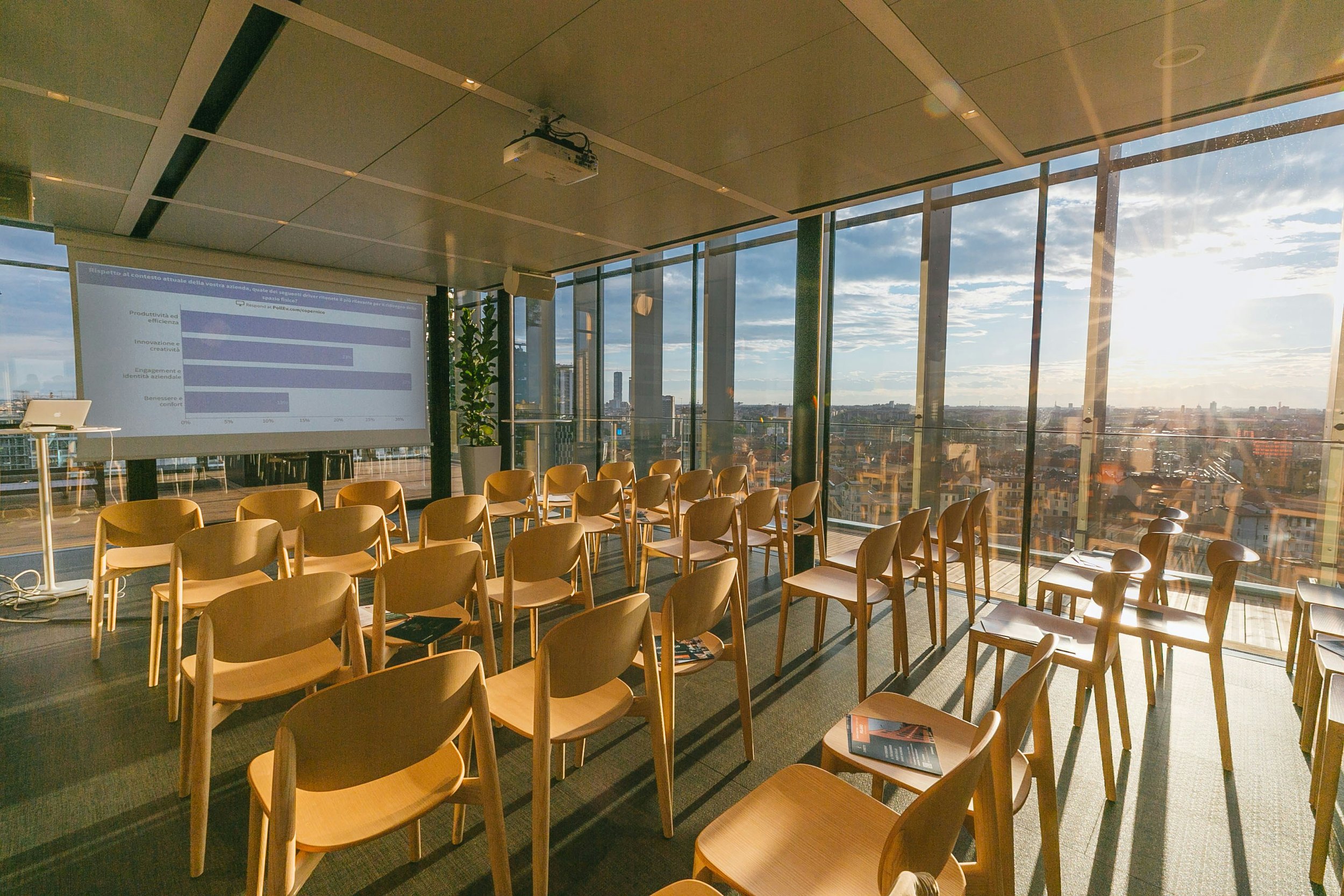Our Work
Our work showcases the research and insights of our remarkable community. Share your work with ASO by collaborating here. Subscribe to our free newsletter by clicking here.

Alexander Technique, Gender, and Embodied Empowerment
In this episode, ASO revisits the theme of psychological and non-physical outcomes in Alexander Technique work, as explored in Kinsey and Glover’s realist review (see Episode 19). Erica Donnison interviews AT teacher Abi Wright, founder of She Stands, a AT based project focused on empowering girls and women to feel at home in their bodies and confident in taking up space.

How Alexander Technique lessons can help family carers - Part II
In the second part of this two-part series, Monika Gross elaborates on communicating research findings into how Alexander Technique lessons can assist caregivers for individuals living with Parkinson’s, Dementia, and other medical conditions. Additionally, a copy of a podium presentation delivered at the 2023 European Alzheimer’s Conference is provided.

Partnering with Poise – Research into how Alexander Technique lessons can help family carers
In this 39th edition, we delve into new research on how Alexander Technique (AT) lessons can help people who are a Care Giver or Care Partner for someone living with Parkinson’s, Dementia or other medical conditions. Monika Gross from The Poise Project shares insights from recent research undertaken with the University of Idaho on both in-person and online AT courses. This first part of a two-part series outlines the research background, significant outcomes, and the real need for AT to support carers in this field.

How Women Use The Alexander Technique In The First Year After Birth Part III
In the third and final interview of this three part series, Nicola Hanefeld, PhD, overseas MSTAT, talks with Lesley Glover, PhD, MSTAT, about conclusions from her PhD studies at the University of Hull which Lesley supervised. The subject of the studies was womens’ experiences of using the AT in the postpartum. This is the 14th edition of the ASO newsletter

How Women Use The Alexander Technique In The First Year After Birth Part II
In this 13th edition of the ASO newsletter Nicola Hanefeld, PhD, overseas MSTAT, talks with Lesley Glover, PhD, MSTAT, about the second study of her PhD at the University of Hull in which women without previous experience of the Alexander Technique were given access to a postpartum online self-care package. This mixed-methods study produced some surprising data; the online approach was forced by the pandemic.

How Women Use The Alexander Technique In The First Year After Birth
In this 12th edition of the Alexander Studies Online (ASO) newsletter the Researcher Interview Series returns to explore new research into how women use the Alexander Technique in the potentially challenging postpartum phase of life. This month we release the first of three interviews that focus on the research of Nicola Hanefeld, PhD, overseas MSTAT, which took place at the University of Hull, UK, from 2017-2021.

ATLAS commentary Parts I and II
In the first two videos of a series of four interviews, Julia Woodman BSc, PhD, MSTAT talks about the ATLAS neck pain trial with Charlotte Woods EdD, MSTAT. They delve into the background to this important trial and review the findings, including looking at the experiences of the participants in the trial. They also discuss how ATLAS sits alongside the ATEAM trial to form the foundation of the evidence base for the effectiveness of Alexander lessons.

Pt. II of Supporting People with Dementia: a Role for Alexander Technique Teachers?
Part II of the ASO researcher interview series includes all five videos released during the period of December 2020 to early January 2021. These videos explore the process and results of a survey of Alexander Technique teachers about teaching people with dementia, provide an update on the ASO dementia theme, and finish with a live Q&A that took place on January 19th, 2021.
Categories
Tag Cloud
- 2023
- aging
- Alexander Technique and Pain
- Alexander Technique Literature
- Annual review
- Annual review 2024
- ATEAM Trial
- ATLAS Trial
- Back Pain
- Back pain
- books
- Books
- Breathing
- Caregivers
- chronic pain
- compassion
- Curriculum
- Dance
- Dementia
- Disciplined Inquiry
- Education
- Embodiment
- Gender
- Health Outcomes
- interviews
- Lived experience
- Motor Control
- Muscle Tone
- Musicians
- Neck Pain
- Neuroscience
- Opera
- outcome measures
- Pain management
- pain research
- Parkinson's Disease
- Performing arts
- Pilot Study
- podcast
- poise
- Postpartum
- Posture
- Scientific Research
- Self-care
- Self-confidence
- Self-efficacy
- self-report measures
- Spirituality
- Teacher Training
- Teaching
- Theoretical Research
- Voice
- Wellness
- Women